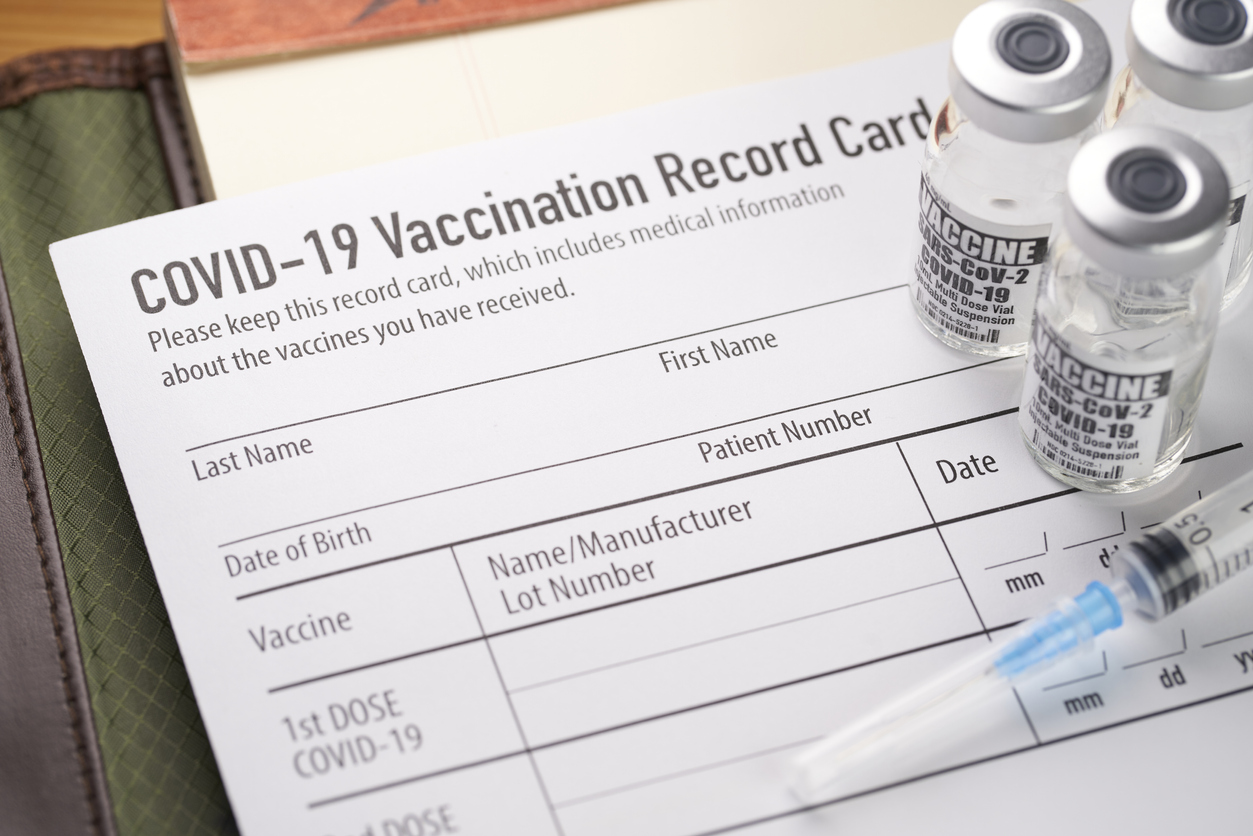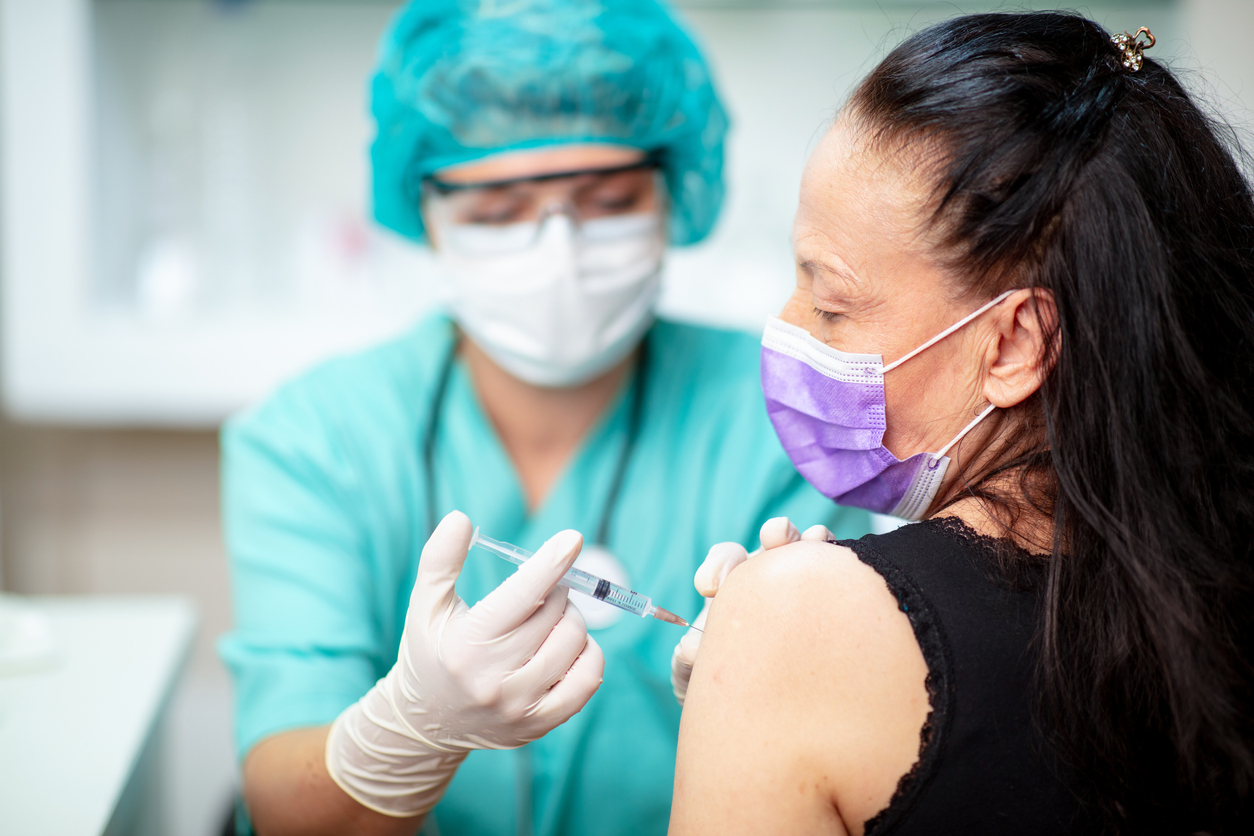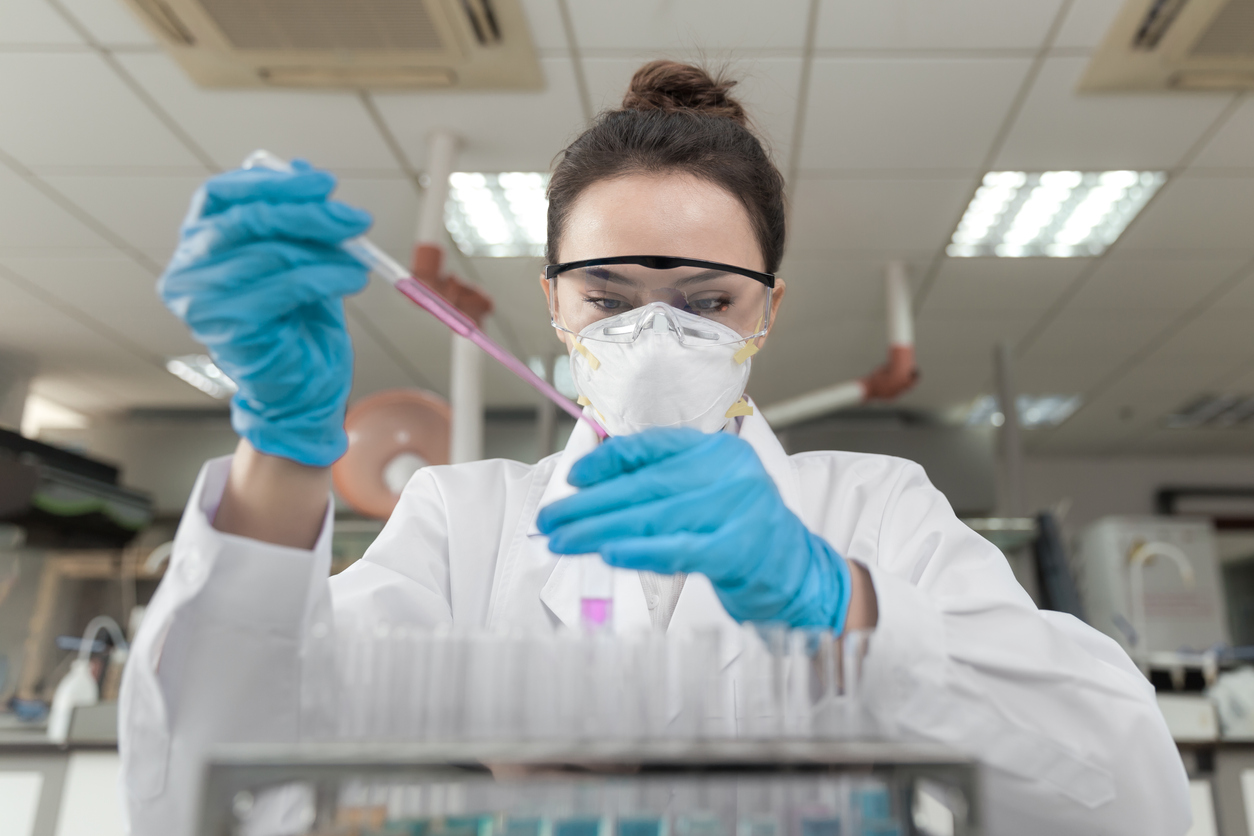A study out of the Icahn School of Medicine at Mount Sinai in New York—which was published online as a pre-print on Feb. 1 and has not yet been peer-reviewed—looked at 231 vaccinated patients’ post-dose symptoms. Of those studied, 83 people had previously been infected with COVID-19 and 148 had not. The results showed that patients who had previously battled the virus reported symptoms of headache, fever, chills, fatigue, and muscle and joint pain after the first shot more often than the patients who had never been ill with the disease, The New York Times reports. Those who had previously suffered through COVID also showed much higher antibody levels in their systems after each of the doses of the vaccine, leading researchers to deduce that one dose may be enough for people who’ve had COVID. “I think one vaccination should be sufficient,” study author Florian Krammer, PhD, a virologist at the Icahn School of Medicine at Mount Sinai, told The Times. “This would also spare individuals from unnecessary pain when getting the second dose, and it would free up additional vaccine doses,” he added. And for more on where you can get your shot, check out If You Live in These States, You Can Now Get Vaccinated at Walmart. Unlike many traditional immunizations that use weakened or neutralized viruses, the mRNA vaccines for COVID developed by Moderna and Pfizer both work by introducing small amounts of genetic material from the novel coronavirus to get the body to produce the reaction needed to fight off the infection. Since patients who have survived COVID have already developed a response to the virus that the body remembers, some of the natural immunity that remains in the patients’ systems kicks back into high gear when they are injected with the vaccine—and can create the symptoms associated with being ill all over again, The Times reports. “I had fevers. I had chills. I had night sweats. I had pain everywhere in my body,” Susan Malinowski, MD, an ophthalmologist in Michigan who had COVID-19 in March and received the Moderna vaccine on New Year’s Eve, told The Times. She explained that the ordeal was so intense that she spent the following two days in bed. “I was actually more ill after the vaccine than I was with COVID,” she said. And for more on what you should avoid after either of your doses, check out The Biggest Mistake You Can Make After Getting Vaccinated, Experts Warn. Still, it’s not just COVID survivors who can expect to experience some side effects from receiving the vaccine. A vast majority of participants in the clinical trials for both Moderna and Pfizer vaccines reported soreness and pain at the injection site, and half of the patients reported headache and fatigue following their doses. But scientists point out that such a response means that the vaccines are actually working and that the body is preparing itself to defend against the virus whenever it is exposed in the real world. And for more side effects that are good news, find out why Dr. Fauci Says These 2 Side Effects Mean Your COVID Vaccine Is Working.ae0fcc31ae342fd3a1346ebb1f342fcb However, experts expressed cautious optimism over the results of the study. Some have warned that injection policies shouldn’t be changed until more studies have been done to conclude that the naturally occurring antibodies found in COVID survivors would be strong enough to keep the virus from replicating within the body. “Just because an antibody binds to a part of the virus does not mean it’s going to protect you from being infected,” E. John Wherry, PhD, director of the University of Pennsylvania’s Institute for Immunology, told The Times. He also fears that determining which patients had already been infected could push the process into sensitive territory, warning: “Documenting that becomes a really potentially messy public health issue.” Until enough research is provided to change dosage policy, some believe the best thing the medical community can do is to warn those who have already been infected that their reactions to the vaccine might be more outsized compared to others. “It would be nice to know that, Hey, you might not be able to get out of bed for two days,” Malinowski told The Times. And for more on the latest immunization news, check out The White House Is Warning About This Major Vaccine Mistake.



